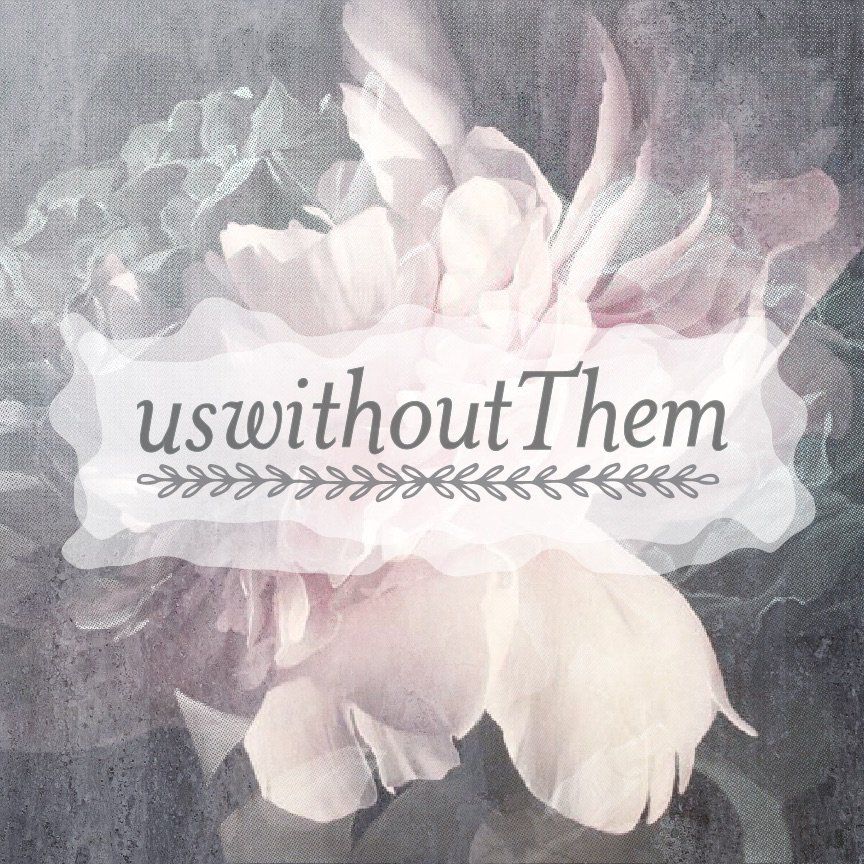S1|E2: Posthardcore Axiology
In philosophy, “axiology” concerns questions about ethics and aesthetics, and as we discuss in this overview episode of A—>B Life, those questions are all over this record. One way to frame an interpretation of the record is to apply the distinction between the “aesthetic life” and the “ethical life” introduced by the Danish philosopher Søren Kierkegaard in his 1843 text Either/Or. In that text, Kierkegaard imagines a written correspondence between characters called “A” and “B” where “A” representing the aesthetic and the ethical, respectively. Kierkegaard argues that the conflict between the two is not a conflict between “good” and “evil,” whereby the ethical life chooses good and the aesthetic life evil. Rather, the ethical life choose good and evil. It is only in recognizing the coexistence of those forces in the world that the ethical person wills the good—but that always comes after the recognition that both exist. The aesthetic life, then, contrasts with the ethical in its neutrality toward good and evil. It tries to put off any decision between good and bad, essentially remaining neutral on questions of ethical value. Thus, Kierkegaard concludes Either/Or writing, “It is, therefore, not so much a question of choosing between willing the good or evil, as of choosing to will, but by this in turn the good and the evil are posited.”
The narrator of A—>B Life is caught between trying to devote his attention on God and lamenting the loss of a valued relationship with a woman he loves. He knows what he is supposed to do, yet he finds himself continually pulled back into a vortex of frustration, self-loathing, and enmity toward his former lover. Even in hoping for her eventual salvation, he seems to recognize the paradoxical nature of that hope, simultaneously willing something good and wanting to control her will.
Join us as we begin the journey through mewithoutYou’s debut record together!
Show Notes
Music
Hildegard of Bingen | Ordo Virtutum, “Part II: Enter the Devil”
Books
